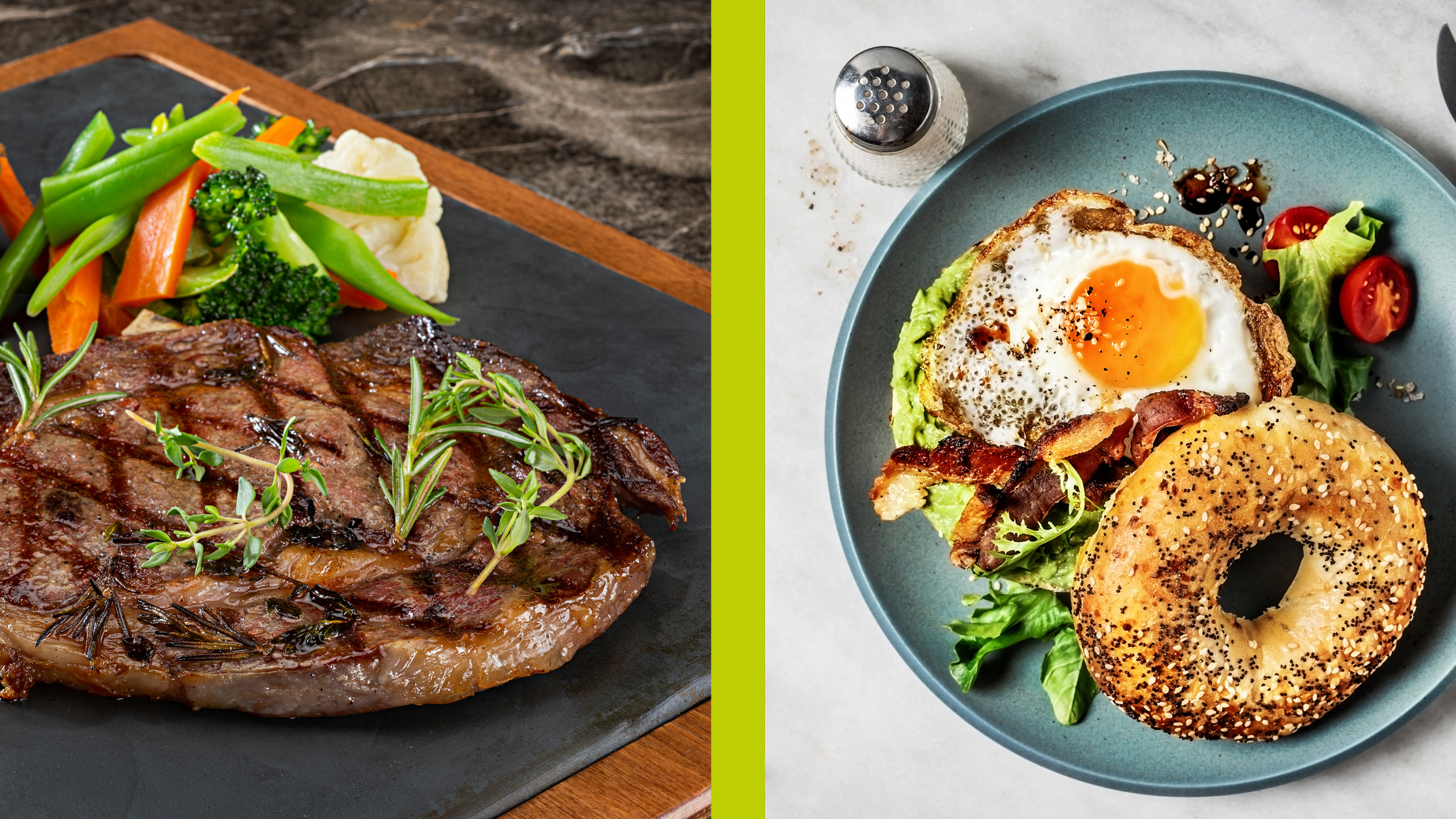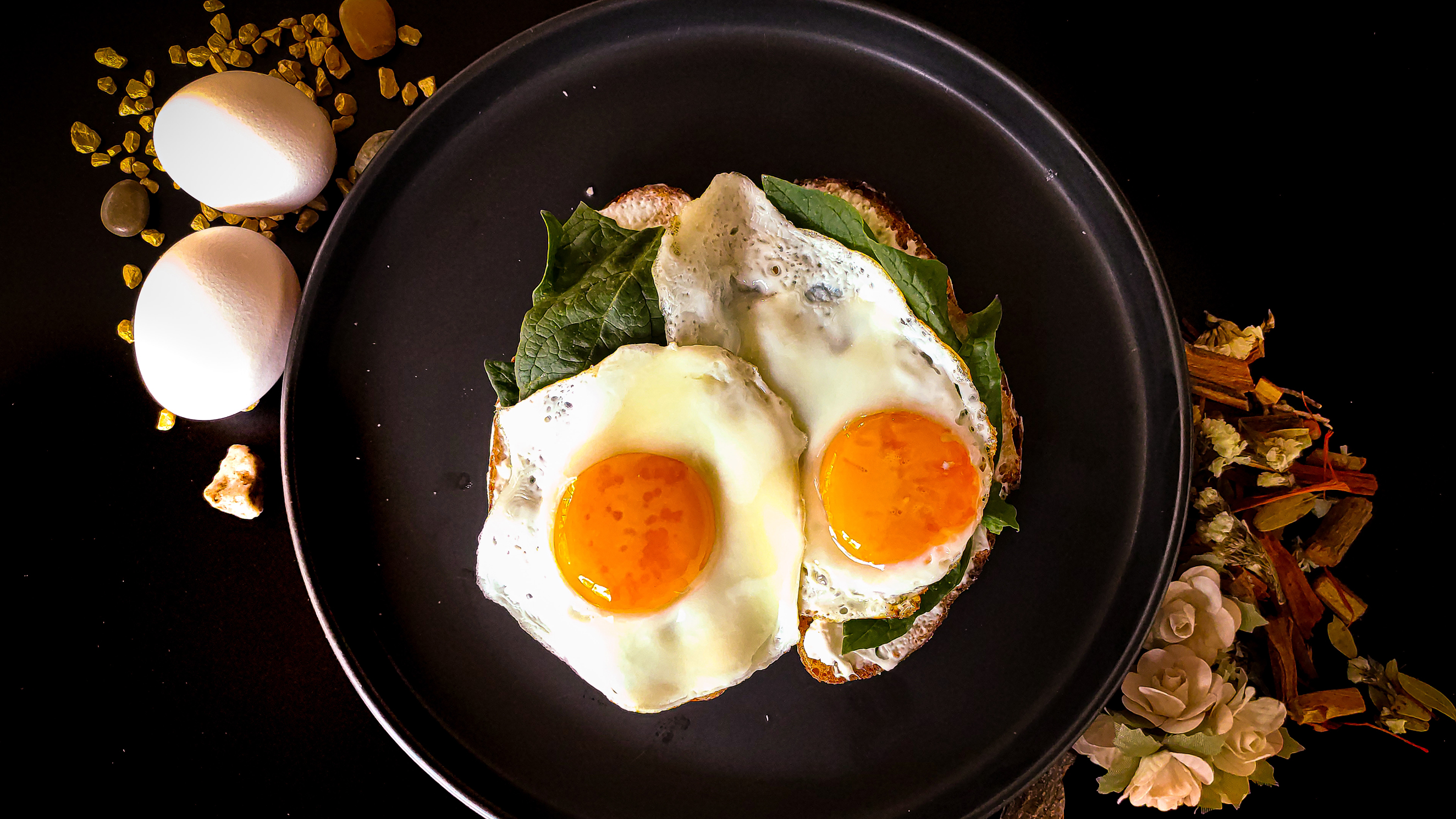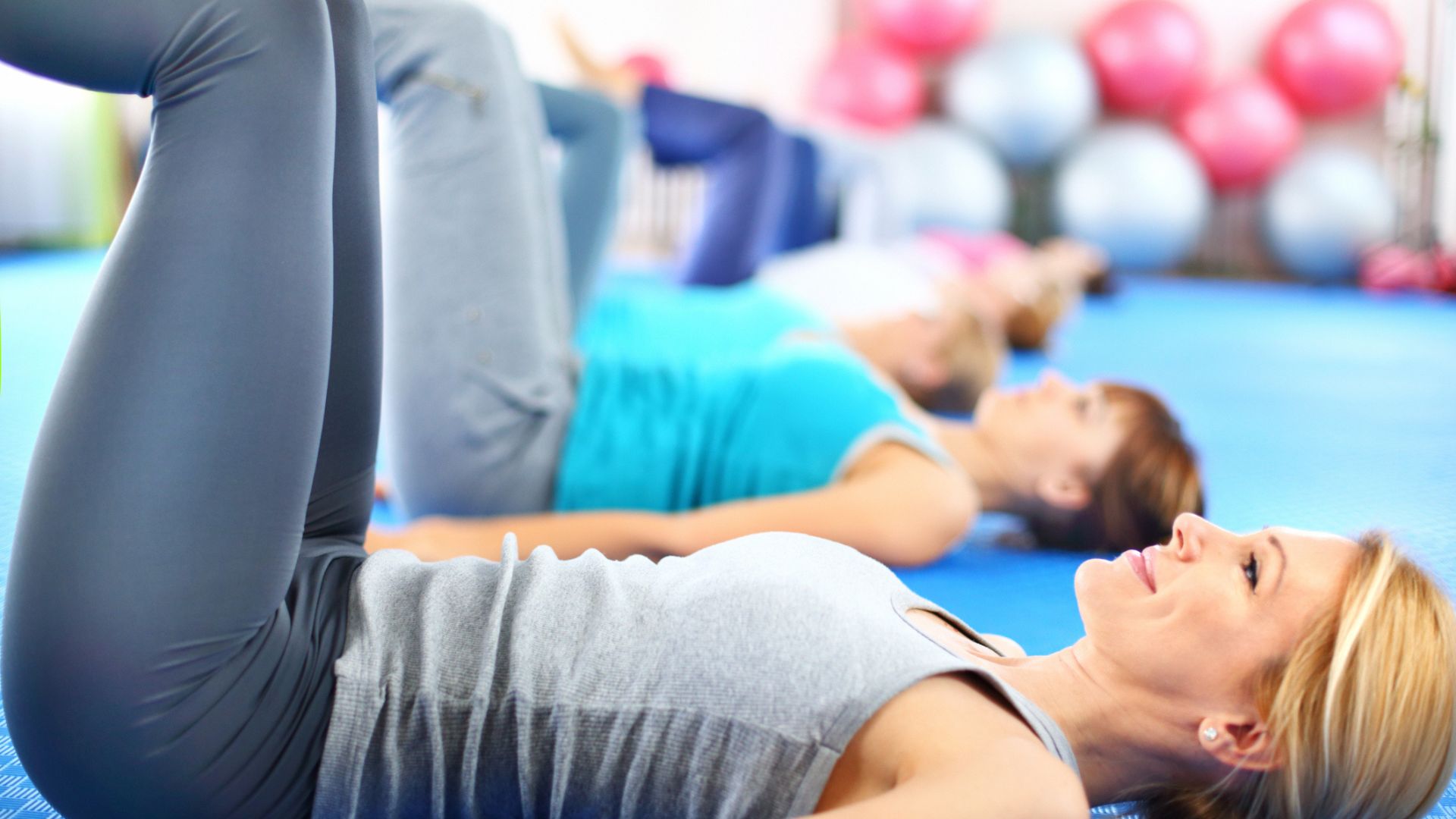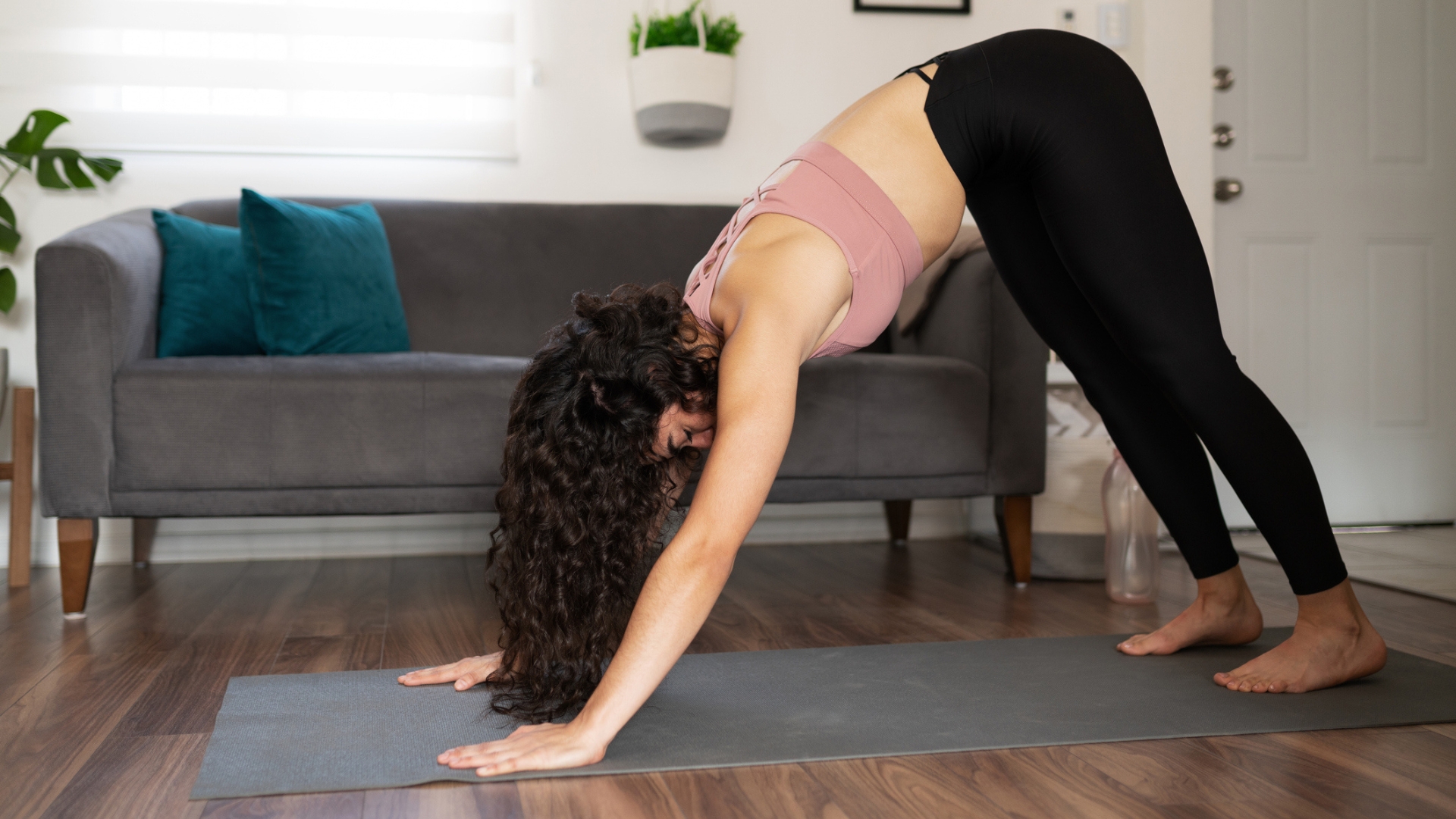What time of day should you be eating protein – breakfast or dinner?
When we eat can be almost as important as what we eat, as protein improves more muscle in the morning than at night


Protein is very important for muscle growth. After we've just performed a tough workout, especially a strength workout – whether a calisthenics routine involving pull-ups and dips or weight training with adjustable dumbbells – we need protein to help us repair our damaged muscles so they can grow back bigger and stronger.
Protein sources include the usual suspects – animal products like chicken, steak, eggs and milk – in addition to lentils, peas, chickpeas and products such as tofu and seitan.
Of course, you can also get additional protein in supplement form, with protein powders being a very common way to squeeze an extra serving of protein in after workouts and between meals.
You can also add it to porridge oats, pancake batter... the list goes on. Check out our best protein powder for weight loss and best protein powder for women guides for more info.
It's the subject of pancakes and porridge that's causing a lot of controversy in the nutrition world. Most people eat more protein at dinner, as that's when we're more likely to be having our biggest meal of the day – not to mention that's when we're more likely to have a big cut of meat. But science is telling us to reverse this trend and have more protein earlier in the day.
The research, published by Waseda University in Tokyo, found that our protein metabolism depends on our biological clock, and when you eat could be almost as important as what you eat. The scientists recruited sixty women aged 65 years and above who took protein at breakfast rather than at dinner, and found they showed better muscle functions than those who took most of their protein at dinner.

Professor Shibata said: "For humans, in general, the protein intake at breakfast averages about 15 grams, which is less than what we consume at dinner, which is roughly 28 grams. Our findings strongly support changing this norm and consuming more protein at breakfast or morning snacking time." Swapping your cereal for an extra protein shake or an omelette in the morning could help increase muscle, which fights the process of aging in the body as well as making us stronger.
Get the Fit&Well Newsletter
Start your week with achievable workout ideas, health tips and wellbeing advice in your inbox.
The study also recommends we take a type of protein known as BCAAs, or "branch chain amino acids", to help protein synthesis. The three BCAAs are leucine, isoleucine and valine, and all three acids have to be obtained from food and cannot be naturally produced in the human body. The study found BCAAs in the morning aided protein synthesis. There's loads of supplements out there from trusted brands like Optimum Nutrition and Bulk Powders, available in the US and the UK.
Breakfast protein sources & recipe ideas
So if the science recommends more protein at breakfast, how do we get started making this switch? We've listed a few ideas below. You'll also be able to find a few more vegetarian and vegan alternatives in our list of the best vegan cookbooks.
- An omelette. Two to three eggs and fillings of your choice, such as rocket, tomatoes, mushrooms or even more protein sources such as chicken or bacon, although bacon is high in saturated fats and sodium.
- Scrambled tofu on wholegrain toast. Made from soy, tofu makes a great vegetarian alternative to animal products, with firm tofu containing 11.5g of protein per 100g.
- Porridge oats with added protein powder. Oats are a healthy wholegrain source of carbohydrates, high in fibre, and it's easy to add a little chocolate protein powder to the porridge mix during cooking.
- Steak and eggs. The truly decadent high-protein, high-cholesterol ketogenic breakfast. Not one for every day.
- One minute protein mug cake. Bodybuilder and Tiktok sensation Noel Deyzel has racked up over 1.7 million views on YouTube with the simple recipe below.
How to make a protein mug cake:
Matt Evans is an experienced health and fitness journalist and is currently Fitness and Wellbeing Editor at TechRadar, covering all things exercise and nutrition on Fit&Well's tech-focused sister site. Matt originally discovered exercise through martial arts: he holds a black belt in Karate and remains a keen runner, gym-goer, and infrequent yogi. His top fitness tip? Stretch.
-
 A Pilates instructor says this is the beginner-friendly core exercise everyone should try
A Pilates instructor says this is the beginner-friendly core exercise everyone should tryForget crunches, this is the perfect foundation move
By Alice Porter Published
-
 Prevent poor posture and release tension from sitting down with these four simple stretches from a yoga instructor
Prevent poor posture and release tension from sitting down with these four simple stretches from a yoga instructorThe daily poses he swears by, no matter what
By Alice Porter Published